As the seasons change, so does our skin. Winter brings chilly winds, dry indoor heating, and a drop in humidity—all of which can wreak havoc on the skin. The colder months challenge our skin’s natural defences, making it more susceptible to dryness, irritation, and sensitivity. To maintain healthy, glowing skin during winter, it’s essential to understand how the skin changes in response to the season and adapt your skincare routine to protect both the skin barrier and the microbiome.

I’ve explored the science behind winter’s impact on your skin, what your skin needs to thrive, and practical tips for maintaining a healthy complexion so that you can glow through the holiday season and into the new year.
How Winter Affects Your Skin
1. Loss of Moisture
The drop in temperature and humidity during winter leads to a drier environment. This change pulls moisture from the skin, leaving it dehydrated. To make matters worse, indoor heating exacerbates this by reducing air moisture levels, making it harder for your skin to retain hydration.
2. Impaired Skin Barrier
The skin barrier, or stratum corneum, acts as a protective shield that locks in moisture and keeps irritants out. In winter, the skin barrier often becomes compromised due to dryness, harsh winds, and overexposure to hot showers. When the barrier is weakened, the skin is more prone to sensitivity, redness, and inflammation.
3. Microbiome Disruption
Your skin’s microbiome—a community of beneficial microorganisms—plays a crucial role in maintaining skin health. Cold weather and barrier damage can disrupt this delicate balance, leading to an increase in conditions like eczema, acne, and dermatitis.
4. Increased Sensitivity
The combination of dryness, impaired barrier function, and microbiome imbalance often leads to heightened skin sensitivity. Skin may feel tight, itchy, and more reactive to products that would normally not cause irritation.
What Your Skin Needs in Winter
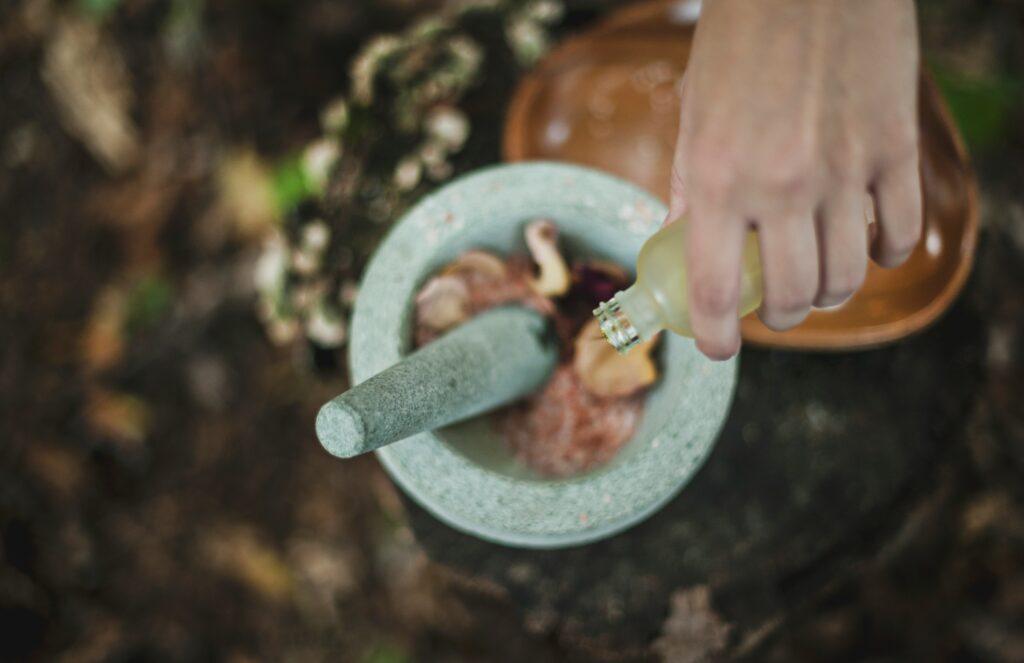
To combat winter’s harsh effects, your skincare routine should prioritise:
- Hydration: Replenishing moisture levels in the skin.
- Barrier Repair: Strengthening the skin’s protective layer.
- Microbiome Support: Maintaining a balanced ecosystem of skin-friendly bacteria.
- Protection: Shielding the skin from environmental stressors like cold winds and UV rays (yes, even in winter!).
Winter Skincare Tips for a Healthy Barrier and Microbiome
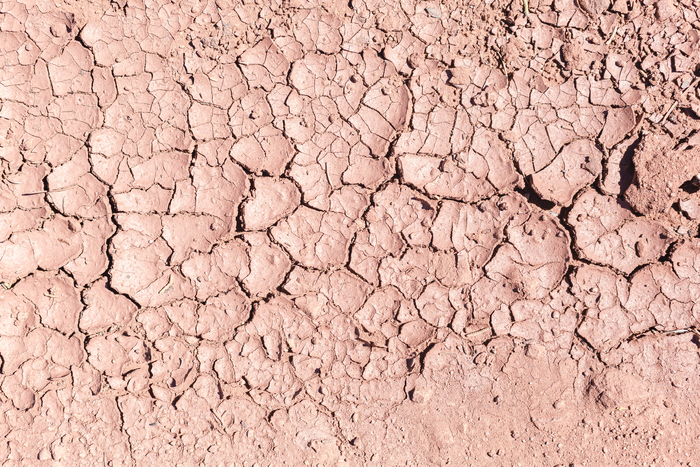
1. Switch to a Gentle Cleanser
Harsh cleansers can strip the skin of its natural oils, leaving it even drier. Opt for a mild, sulfate-free cleanser that cleans without compromising your skin’s barrier. Oil cleansers and cleansing balms are perfect for washing away daily makeup and grime, locking in hydration while cleansing.
2. Incorporate Hydrating Layers
Hydration is key in winter. Use products with humectants like hyaluronic acid, glycerin, and aloe vera to attract and retain water in the skin. Layer a hydrating water-based serum or essence under your moisturiser for an extra boost.
3. Use a Barrier-Strengthening Moisturizer
A rich, emollient moisturiser helps lock in hydration and repair the skin barrier. Look for products containing:
- Ceramides: Essential for maintaining a strong barrier.
- Fatty acids: Replenish lipids in the skin.
- Occlusives: Ingredients like jojoba and squalane to seal in moisture.
4. Support Your Skin’s Microbiome
Choose microbiome-friendly skincare products that contain ingredients such as cetearyl olivate and sorbitan olivate, which is a complex combination of fatty acids, a microbiome-friendly functional ingredient that preserves skin’s cutaneous microbiota composition and biodiversity. Avoid products with alcohol or harsh preservatives, which can disrupt the microbiome.
5. Limit Hot Showers
While a hot shower feels comforting in cold weather, it can strip your skin of natural oils. Opt for lukewarm water and keep showers short to minimise moisture loss.
6. Apply Sunscreen Daily
UV rays are still present during winter, even on cloudy days. Protect your skin from damage and premature ageing by applying a broad-spectrum SPF 30 or higher every morning.
7. Use Overnight Treatments
Nighttime is ideal for intensive repair. Incorporate products like overnight masks, hydrating serums, or barrier repair balms to nourish your skin while you sleep.
Ingredient Spotlight: Winter Skincare Heroes
Ceramides
Ceramides are lipids naturally found in the skin that help maintain the barrier. In winter, ceramide levels can deplete, so using a ceramide-rich moisturiser such as oat kernel oil can help restore the skin’s integrity.
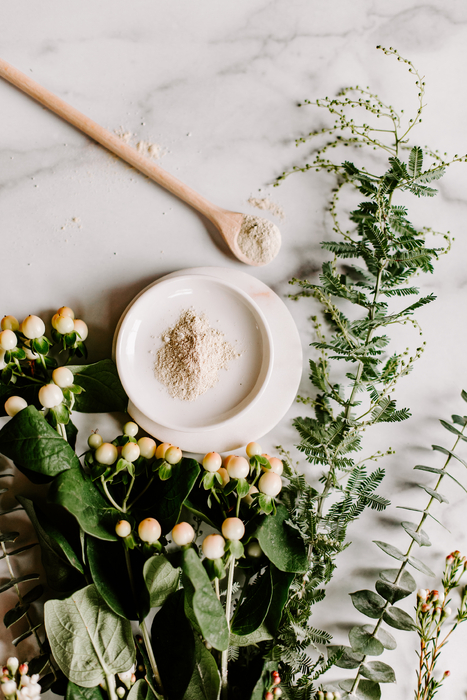
Hyaluronic Acid
A powerful humectant, hyaluronic acid, attracts moisture to the skin, keeping it hydrated even in dry winter air. Use it on damp skin for maximum effectiveness.
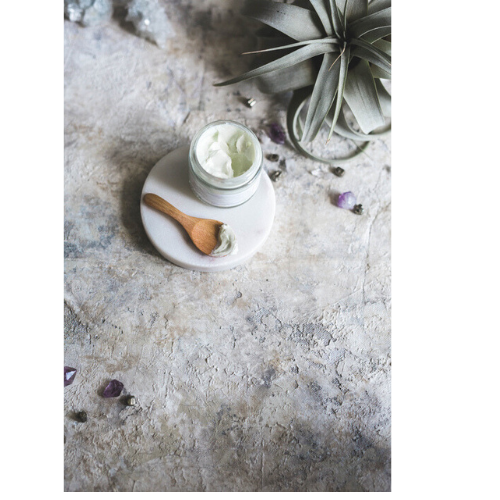
Niacinamide
This multi-tasking ingredient strengthens the barrier, reduces inflammation, and improves moisture retention, making it a winter skincare essential.
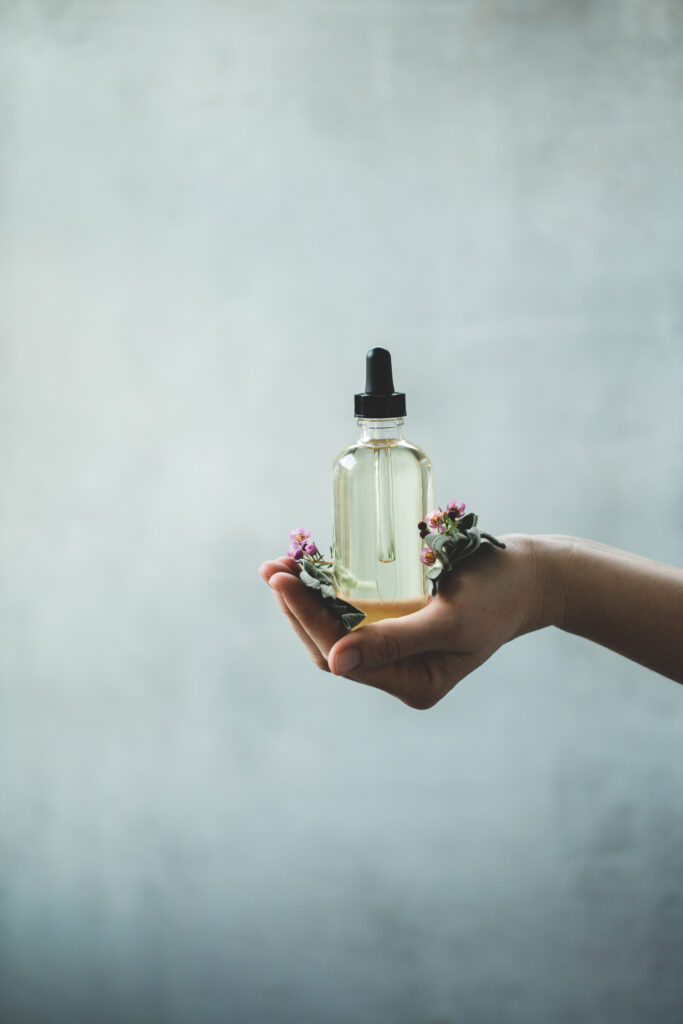
Squalane
Squalane mimics the skin’s natural oils, making it an excellent choice for hydration and barrier repair without feeling greasy.
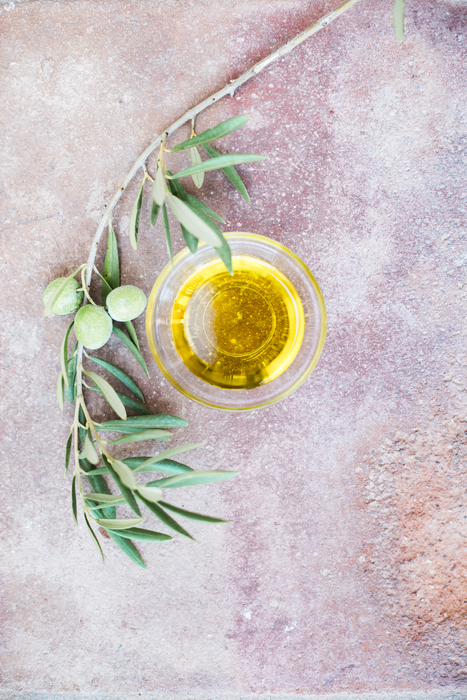
Shea Butter
An occlusive ingredient, shea butter creates a protective layer on the skin, sealing in moisture and providing relief from dryness.
Adjust Your Routine for Winter
As the seasons change, your skincare routine should too. Here’s how to transition effectively:
Morning Routine:
- Cleanse: Use a gentle, hydrating cleanser.
- Hydrate: Apply a hydrating serum or essence.
- Moisturise: Use a rich, barrier-repairing moisturiser.
- Protect: Finish with sunscreen.
Evening Routine:
- Double Cleanse: If you wear makeup or sunscreen, start with an oil-based cleanser, followed by a gentle water-based cleanser.
- Treat: Apply a serum tailored to your skin’s needs, such as one with hyaluronic acid or niacinamide.
- Moisturise: Use a heavier moisturiser or overnight mask for intensive repair.
Special Care for Common Winter Skin Concerns
Dryness
Focus on layering hydrating products and sealing them with a thick moisturiser. Consider using a humidifier to add moisture to the air in your home.
Flakiness
Exfoliate gently with chemical exfoliants like lactic acid or pumpkin seed oil, which is packed full of AHAs, to gently remove dead skin cells without irritation.
Redness and Sensitivity
Use calming ingredients like calendula, allantoin, and oatmeal to soothe inflammation and support the skin barrier.
Eczema
Eczema can flare up in winter due to the cold and dryness. Stick to fragrance-free, hypoallergenic products and consult a dermatologist for prescription treatments if needed.
Diet and Lifestyle Tips for Winter Skin Health

Skincare isn’t just about what you put on your skin—it’s also about how you nourish it from within. During winter, consider these lifestyle tips:
- Stay Hydrated: Drink plenty of water to keep your skin hydrated from the inside out.
- Eat Skin-Friendly Foods: Incorporate foods rich in omega-3 fatty acids, antioxidants, and vitamins A, C, and E.
- Use a Humidifier: Combat dry indoor air by adding moisture to your home environment.
Conclusion
Winter can be tough on your skin, but with the right approach, you can keep it healthy, hydrated, and glowing. By focusing on hydration, barrier repair, microbiome support, and protection, you can prevent common winter skin woes and enjoy a radiant complexion year-round.
Stay consistent with your routine, listen to your skin’s needs, and don’t be afraid to tweak your products as necessary. With a little extra care, your skin will thrive even in the coldest months.
Have questions about winter skincare? Let us know in the comments or share your favourite tips for staying radiant all season long!
Sign up for our newsletter to receive your free skincare journal. Track what your skin is telling you and track your products to find what works.

